Cancer project
Scent-detection dogs play an important role in various detection tasks, with strong evidence showing their ability to accurately identify certain human cancers.
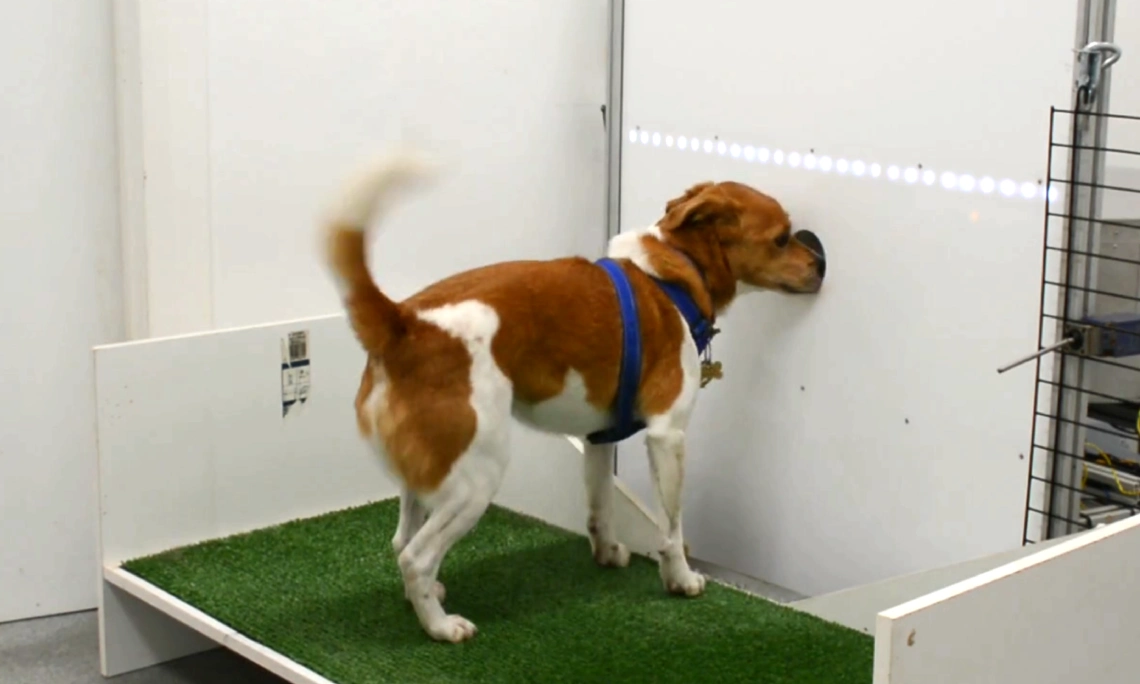
Lung cancer is the leading cause of cancer-related death globally and in New Zealand. One reason for this is the absence of accurate and cost-effective lung-cancer screening methods, which means that lung cancer is often detected too late for treatment to be successful.
Scent-detection dogs serve a valuable role in many detection applications, and there is considerable evidence that they are able to accurately identify human cancers. Several studies have examined the ability of dogs to detect lung cancer with promising results reported in “Canine olfactory detection and its relevance to medical detection.” However, most of these studies were conducted using methods not suitable for clinical settings, as discussed in “Animal olfactory detection of human diseases: Guidelines and systematic review.”
Our research
We are using an automated approach described in “Automated Canine Scent-Detection Apparatus: Technical Description and Training Outcomes” to train and test dogs to detect lung cancer.
Initially, we trained dogs using both breath and saliva samples to determine if saliva can be used effectively for this purpose. However, we found that the dogs performed much better with breath samples in the study “Breath versus saliva for lung cancer detection with dogs.” We are now running blind tests with breath samples to determine the diagnostic accuracy of dogs for lung cancer detection.
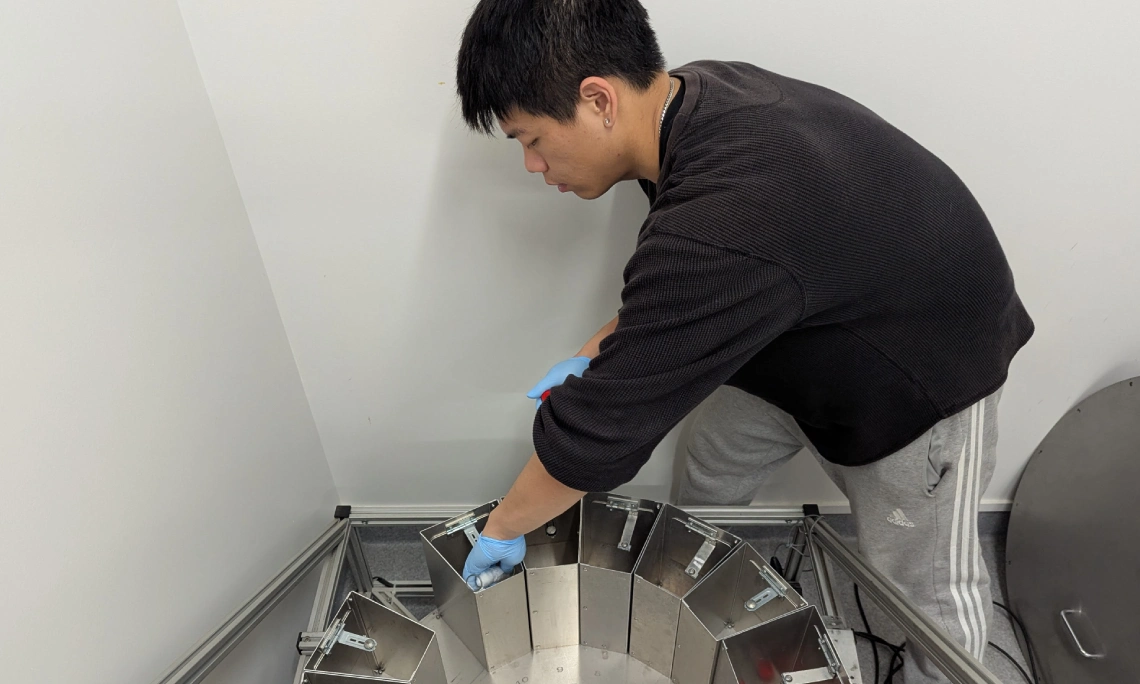
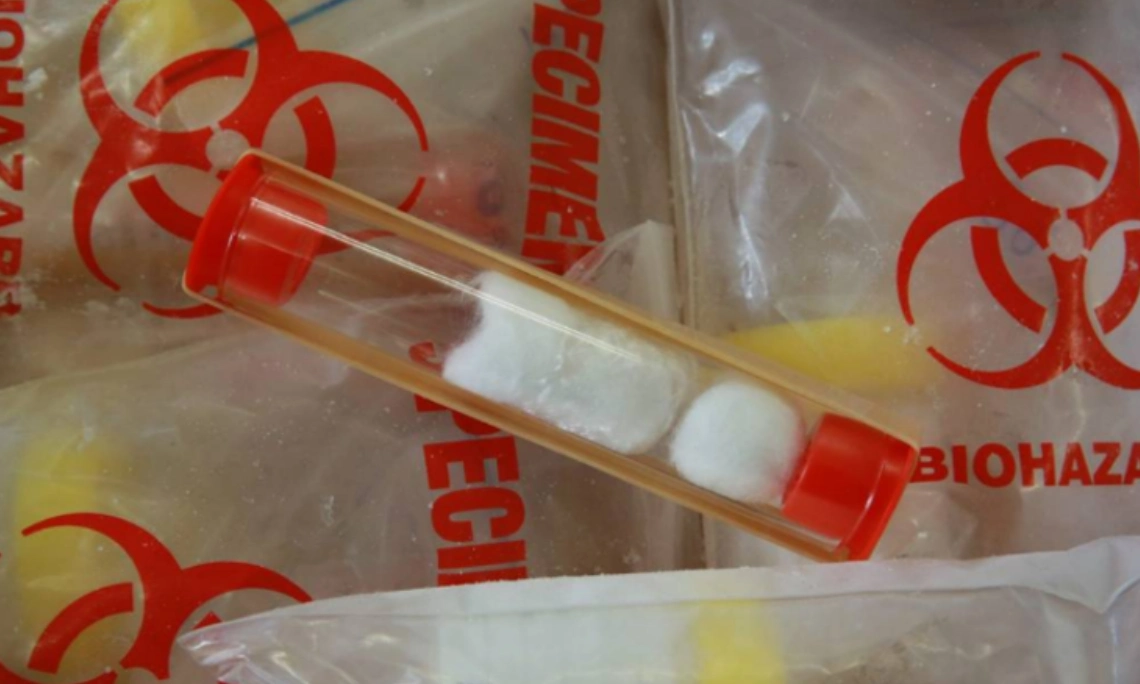
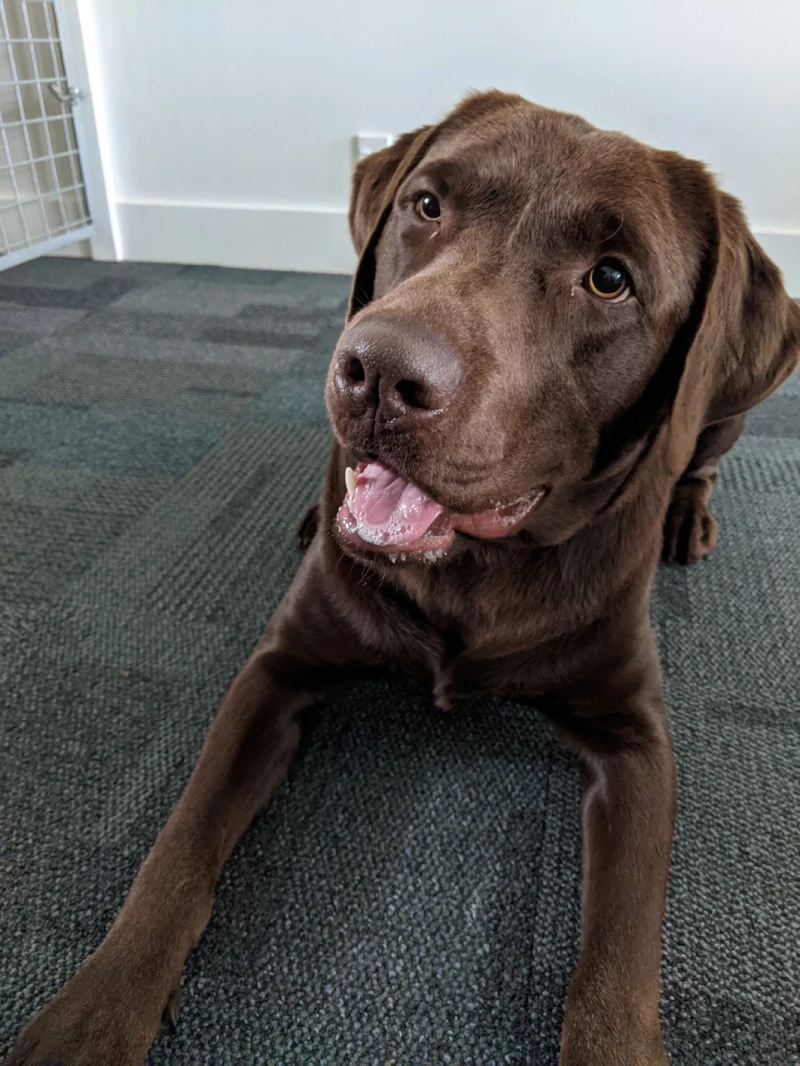
In addition to the research with dogs, we are analysing the chemistry of breath and saliva samples to help us better understand how the dogs are classifying these samples and to search for clues that might help us to identify lung cancer with non-invasive methods using machines.
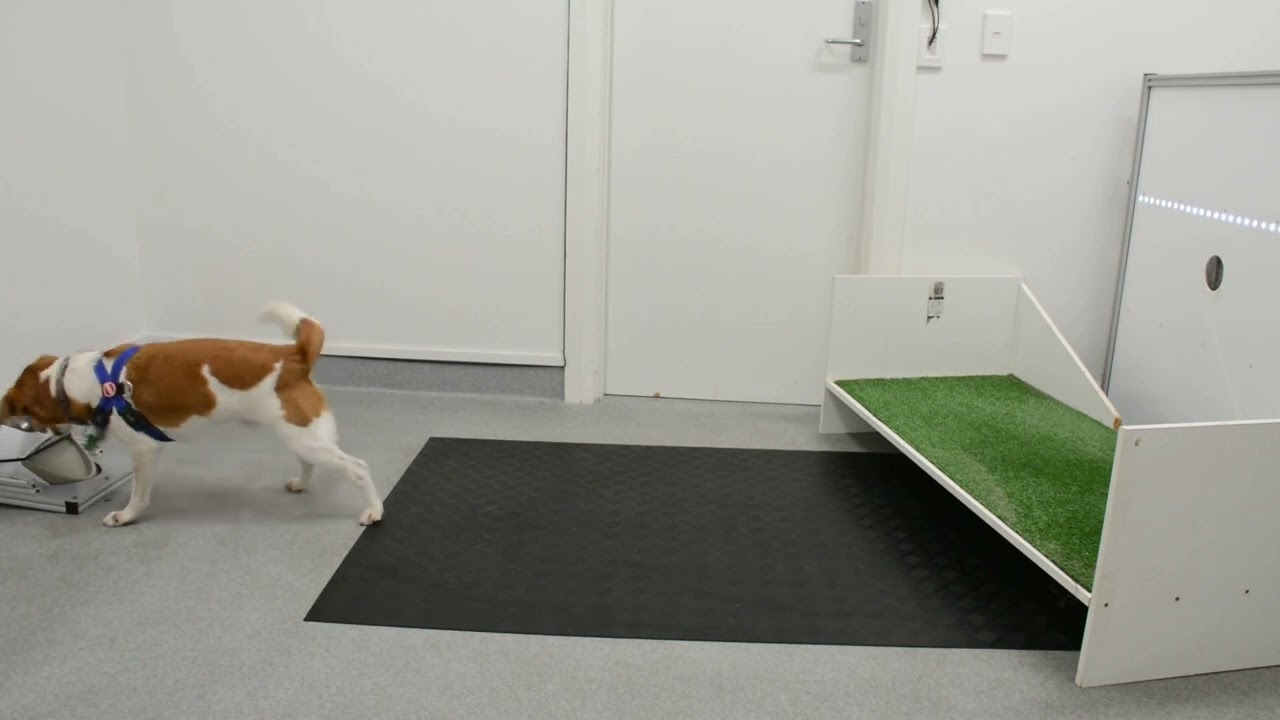
Support
This research is supported by the Health Research Council of New Zealand, the University of Waikato, and the Waikato Medical Research Foundation. We are grateful to an anonymous donor who has provided substantial support for our cancer-detection research.